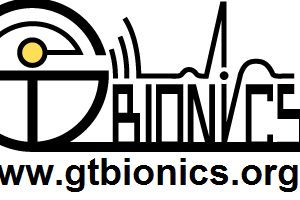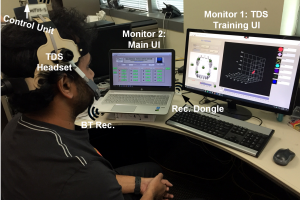Assistive technologies (ATs) play a crucial role in the lives of individuals with severe disabilities by enabling them to have greater autonomy in performing daily tasks. The Tongue Drive System (TDS) developed at the Georgia Tech Bionics Lab is such an AT, empowering people with severe Spinal Cord Injury (SCI) to be more independent. Earlier versions of the TDS have offered tongue motion and speech as means of driving mouse activity and keyboard input. In this project, we introduce a new multi-modal Tongue Drive System (mTDS), which incorporates head tracking to deliver proportional control of a mouse cursor. The mTDS integrates this new capability while preserving tongue motion and speech from previous versions and offers a richer means of driving computing interfaces, than previously available to individuals with severe disabilities.

In Georgia Tech Bionics lab (GT-Bionics) we design and develop state-of-the-art medical and scientific instruments for a wide variety of clinical and research applications. More specifically, our focus is on Assistive Technologies, Rehabilitation Engineering, Wearable Devices for Smart Health and Wellbeing, Implantable Microelectronic Devices, and Wireless Neural Interfacing. We are involved in true multidisciplinary research addressing all aspects of complex biomedical systems from hardware, software, and smart algorithm design to evaluation of their full functionality and efficacy on animal subjects or in clinical settings.



